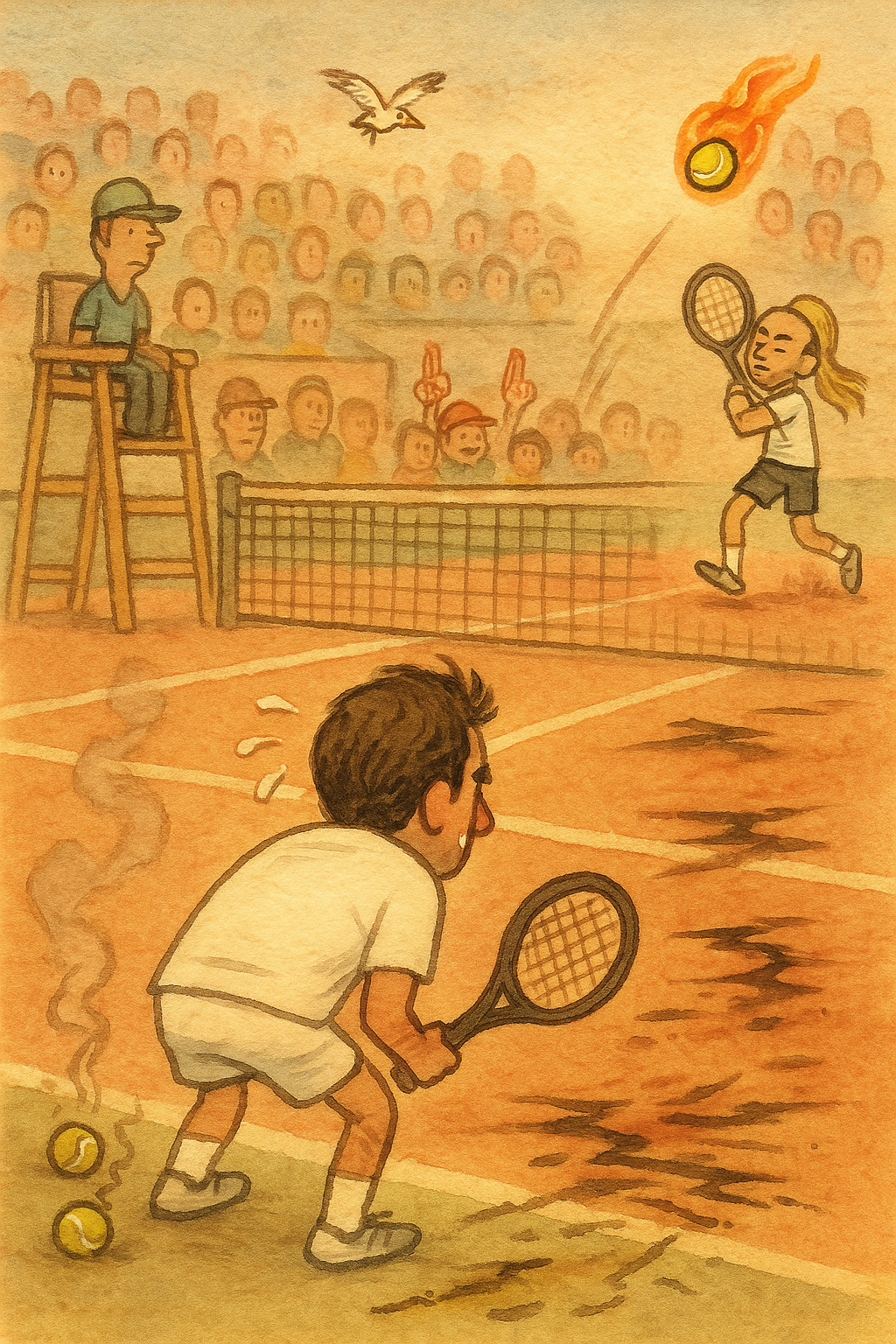Being mean
Addition and subtraction are inverse means to the same ends
In competitive play, one must learn to mind the opposition. This may entail obstructing their paths, blocking and stealing their opportunities, or toppling their castles.
I recall Rahdo saying he and Jenn don’t like to tear each other’s positions down. They dislike that style of play. And I can appreciate that tastes vary as I used to have a different perspective.
There was a time when someone devistated my position with a killer move, I’d threaten retaliation. For the meanness. I took being knocked out of it personally and felt the threat of reciprocating was a deterrent in itself. But, if a game is just a game, and a competition at that, moves are to be made according to a calculus of best possible outcomes. You make as strong a move as you’re able to get away with. That makes it my duty to be prepared for any contingency.

Take competitive tennis. No one frowns when his opponent slams the ball over the net with everything he’s got. It’s what’s expected.
One can win by building a castle better and faster, or by toppling one. Addition and subtraction are inverse means to the same ends. Neither is mean, just different angles on working the same calculus.
So all legal moves are in bounds. And given there are moves which whittle away your chances, it seems foolish to not plan accordingly. Don’t leave yourself open to being hobbled.
Admire the opponent who manages to execute a great offensive, despite your vigilance, or perhaps skirting your defense with what you had not considered. If anything, this is exactly what you want, because the glory of fighting for the win finds its satisfaction primarily in one thing:
The measure of what it overcomes.